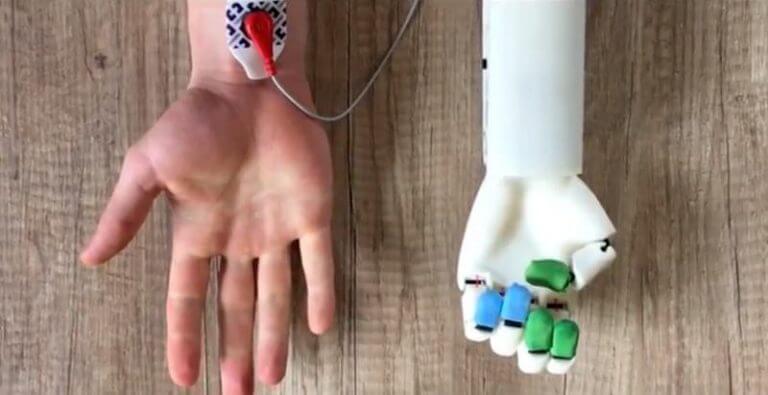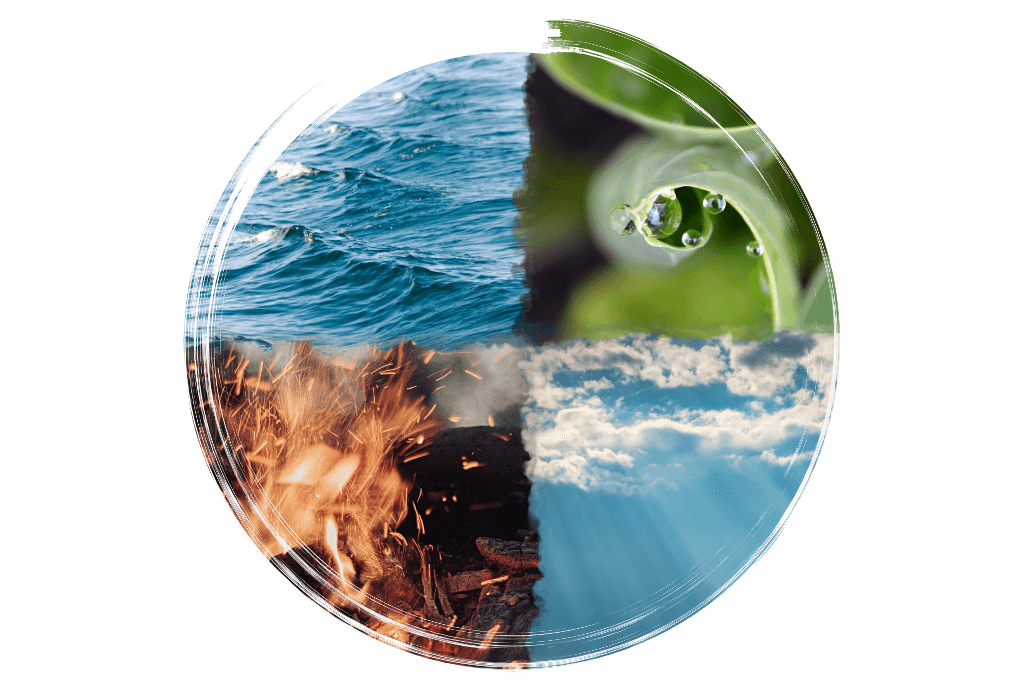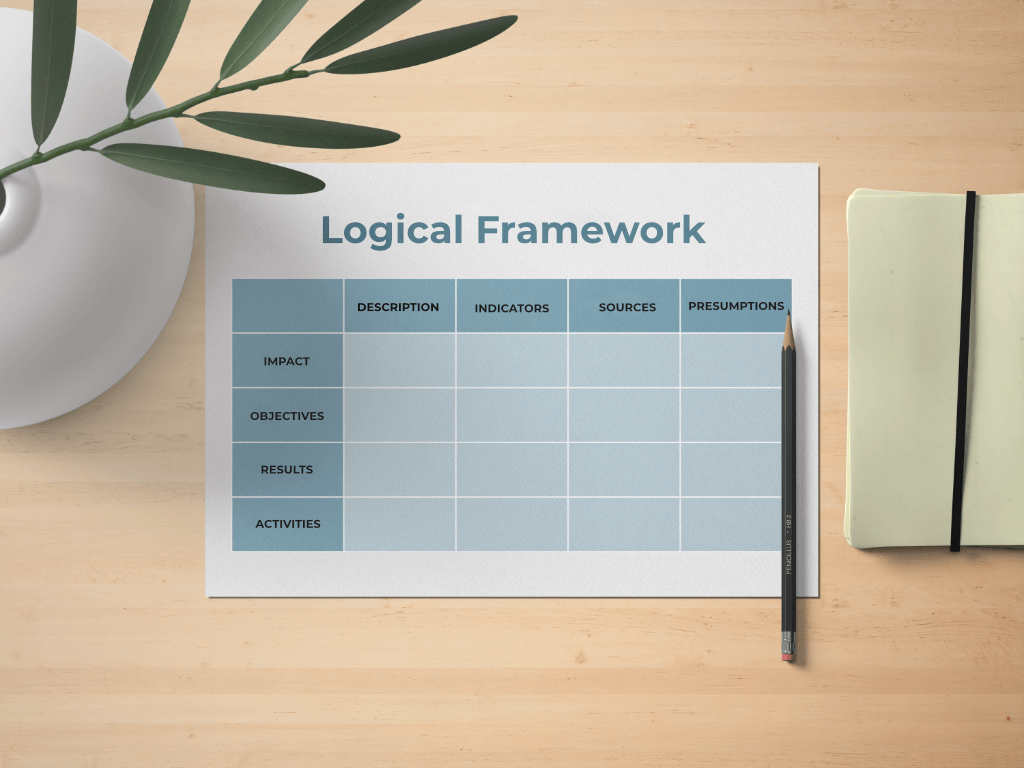Original source: Europe’s network of Digital Social Innovation
Alessandra Schmidt from Fab Lab Barcelona discusses Smart Citizen’s recent Kids’ Lab and how to successfully engage people in digital and social projects.
The world is facing unprecedented challenges in terms of social and environmental sustainability. Global warming, social exclusion, forced migration, food security, and increasing healthcare demands are some of the present and future problems to be solved by society as a whole. These types of challenges require a new set of skills and knowledge, and our current educational systems prove unfit to teach these. Educational systems might need to be even more creative in the ways they teach and learn connecting with real-world problem solving and a social innovation mindset. It requires a paradigm shift to achieve positive outcomes, and instead of settling on traditional education methods that involve a teacher and quiet students who don’t ask questions, our ‘educational systems might need to guide the student to ask critical questions and come up with creative solutions to the problems we face today.
There are educational methods that offer options to align the power of people to produce change with the power of the unprecedented technological capacities we have today. STEAM is an educational method for 21st-century literacy, which allows students to investigate, read, and understand trends and tendencies, including in the fields of ecology, media, and technology. The STEAM approach aims to guide student’s inquiry, dialogue, and critical thinking through Science, Technology, Engineering, the Arts, and Mathematics as access points for learning. This educational approach arises as a reaction to increasing demand in the job market for professionals with knowledge in science, technology, engineering, and mathematics. Its predecessor, STEM, focused on teaching students the skills needed to fill this gap. However, the realization came that an understanding of these fields alone is not enough, and students also need to be prepared to apply their knowledge creatively and in an innovative way. By adding the field of ‘Arts’ to the STEM method, students learn the creative skills necessary to find innovative solutions to the problems we face today and create real social impact. Asking questions, with curiosity, and being creative in the finding of the solutions is at the heart of this approach. It is a collaborative ‘hands-on learning method’, that believes in ‘learning by doing’, bringing learning to life. Engaging in experiential learning and hands-on activities, problem-solving, collaboration, and creative processes are embraced.
Here are two of our favorite examples of the STEAM approach in action:
DESIGN FOR EMERGENT FUTURES
Creating a next-generation design-and-making education program, the Master in Design for Emergent Futures (MDEF), taught in Barcelona, inspires, informs, and critiques design interventions, harnessing the potential of advanced technologies. Digital fabrication, artificial intelligence, synthetic biology, and blockchain aimed at addressing and ‘dissolving’ wicked problems, while contributing to learning outcomes, innovative designs, and positive social impact. The focus of this innovative program is to look at the big challenges faced by humanity today in relation to climate change, sustainability, disenfranchisement, and social exclusion through the lens of critical design, speculative design, and social innovation. Targeting people of all ages, the learning overall aim is to provide the strategic vision and tools for designers, sociologists, economists, and computer scientists to become agents of change in multiple professional environments. In the context of the Fab Academy, the MDEF program is an investigation on how a distributed and innovative initiatives (as the Fab Academy) connect with existing formal educational programs (in universities worldwide).
FUTURE GENIUS®
Also in Barcelona, Future Genius® is dedicated to the development of innovative products and services that support parents, professionals, and institutions in the process of educating future generations. The initiative has a social impact policy where they support the international ecosystem of education and cultural development through donations of educational material, scholarships, and free licenses of products. The company has created Play Big!®, which is a fun and fact-filled card game connected to a mobile app, designed for kids to learn science, culture, arts, and history (STEAM), encouraging them to be curious and explore. They also developed the social digital platform Kikinu, a place to share inspiration and advice among parents and child development specialists, in order to encourage the education of smarter, creative, and aware children. The platform is mainly oriented to millennial parents and child-carers, who constantly question their role as child-carers and seek to improve the usual education practices for the welfare and development of their children.
CONCLUSION
Incorporating a stronger emphasis on ‘learning-by-doing’ and STEAM in the education has a concrete value and can positively affect social change and in the learning processes at all ages. STEAM provides space and a place where students as potential change-makers can develop the knowledge, skills, attitudes, and competencies they need to develop their values and visions. Learning by doing can support a pathway for social innovation in inclusive emerging futures. We have a growing population with extensive knowledge in all fields at our doorstep, people connected to everything that happens in the world, and for many of them the goal of life is greater than mere financial success; they search for a way to positively impact people’s lives. A new challenge thus emerges: how can innovative education keep up with the accelerated growth of the social innovation sector by empowering high-level skilled and empathetic students? In response to this new challenge, there are educational programmes with innovative methodologies, for supporting children’s ecosystem for learning all the way up to the postgraduate level, as well as cross-curricular courses. People are thinking about different ways to ‘educate’. Thus, the democratization of knowledge through education can contribute to the transformation of society.






